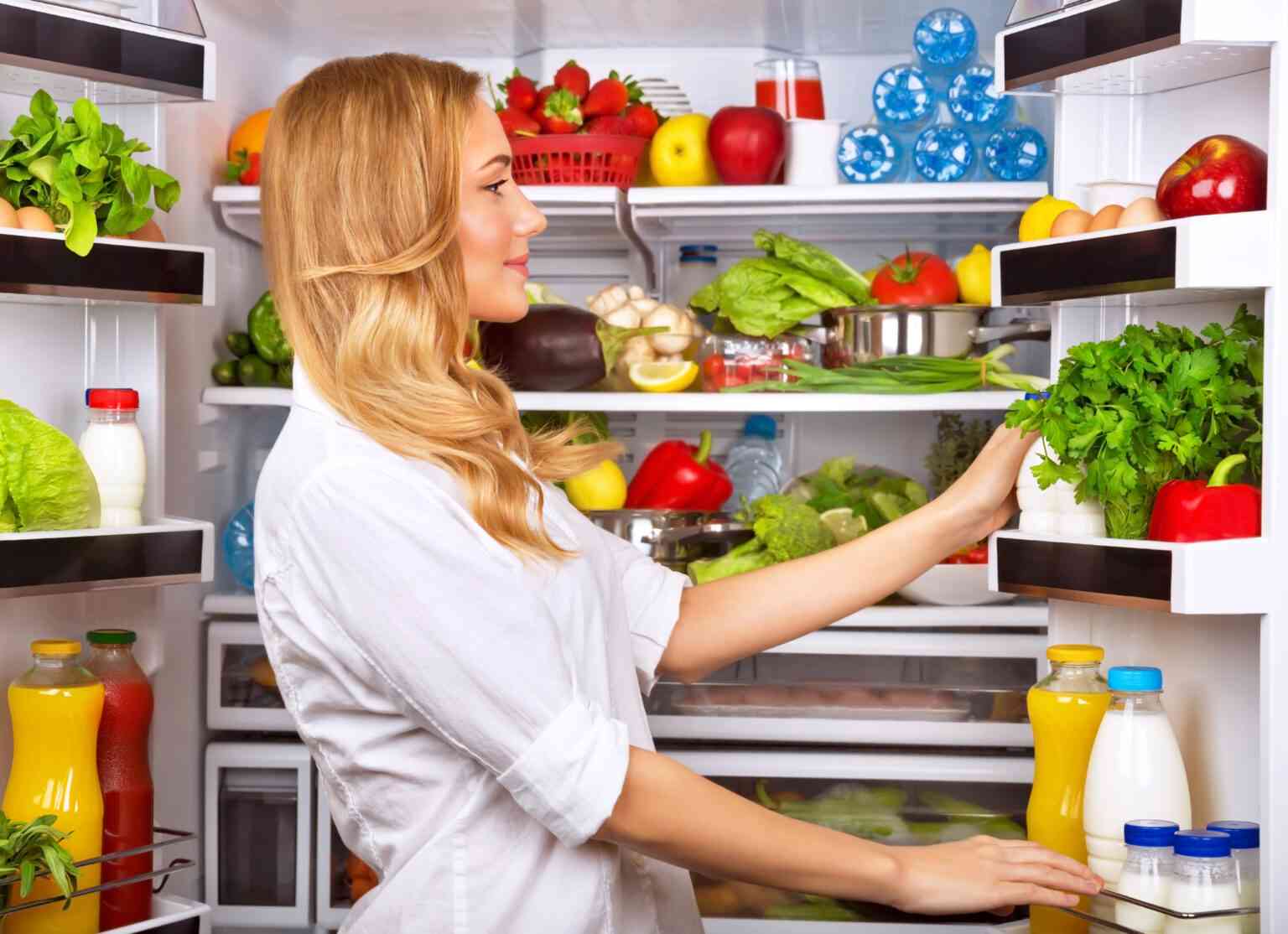Refrigeration plays a critical role in safeguarding your food. It preserves freshness, prevents spoilage, and inhibits the growth of harmful bacteria. Understanding how commercial refrigeration impacts food safety is essential for both businesses and consumers. This blog will check out the various aspects of cooling and its importance in maintaining meal safety.
Are you looking for a cooling appliance for your trendy bar? Check out our collection of wonderful Bar Fridges.
Importance of Refrigeration
This process slows down the growth of bacteria. Bacteria thrive in warm environments. By keeping delicacies at lower temperatures, the procedure helps prevent bacterial growth. This feature reduces the risk of foodborne illnesses.
Preserving Freshness
The chilling procedure helps preserve the freshness of perishable cuisines. Fruits, vegetables, dairy products, and meats remain fresh longer when stored in a refrigerator. This attribute extends their shelf life and reduces food waste.
Maintaining Nutritional Value
Proper freezing preserves food's nutritional value. When meals are kept at the correct temperature, vitamins and minerals are preserved, ensuring that consumers get the maximum health benefits from their meals.
Bacterial Growth and Temperature
Different bacteria have different optimal growth temperatures. Most foodborne pathogens grow rapidly between 4°C (39°F) and 60°C (140°F), which is known as the "danger zone." Keeping delicacies out of this temperature range is critical for safety.
Ideal Cooling Temperatures
Fridges should be set at or less than four °C (39°F), and freezers should be at -18°C (0°F) or less. These temperatures help slow the growth of bacteria and preserve the quality.
Effects of Improper Refrigeration
Inadequate chilling can cause bacterial development and meal spoilage. If the refrigerator is too warm, bacteria can multiply quickly. This issue increases the risk of related illnesses and can cause the meal to spoil faster.
Types of Refrigeration
Several types of commercial refrigerators are used in cuisine storage. Each type has particular applications and advantages.
Domestic Option
This process is used in households. It includes refrigerators and freezers that store delicacies for daily consumption. Proper maintenance and usage are crucial for ensuring food safety at home.
Commercial Option
This method is used in restaurants, grocery stores, and various production facilities. It includes larger units like walk-in refrigerators, freezers, and display cases. These techniques are designed to handle large quantities of items and maintain consistent temperatures.
Industrial Refrigeration
This method is used in large-scale meal processing and storage facilities. It includes large chilling units and cold storage warehouses. These systems ensure that the products remain safe during storage and transportation.
Some Best Practices
Following best practices for this method is essential for maintaining cuisine safety.
Proper Storage
Store food items in your commercial fridge correctly to ensure even cooling. Keep raw meat separate from ready-to-eat items. Use airtight containers to prevent cross-contamination.
Temperature Monitoring
Continuously review the temperature of your fridge and freezer. Use a thermometer to ensure that the equipment is at the correct temperature. Adjust settings if necessary.
Cleaning and Maintenance
Keep your titular units clean. Continuously maintain the internal and external components of your fridge. This step prevents the buildup of bacteria and mould.
Handling Power Outages
Keep your fridge and freezer gates closed during a power cut. This step helps preserve the chilled temperature inside. Once power is fixed, look at the temperature and check the items for spoilage.
Benefits of Proper Refrigeration
Ideal procedure provides many advantages beyond food safety.
Cost Savings
The procedure helps reduce unnecessary waste. Preserving meals for longer periods minimises the need to buy replacements, leading to cost savings for both households and businesses.
Convenience
This process allows for the storage of a wide variety of meal. This attribute makes food planning and cooking more convenient. It also enables bulk buying, which can be more economical.
Ease your pizza & salad prep process through our products! Buy from the wide collection of Pizza Prep & Salad Bar Fridges.
Quality Control
Proper cooling in a commercial freezer ensures consistent product quality for businesses. This attribute is crucial for maintaining customer satisfaction and meeting regulatory standards.
Challenges in Refrigeration
Despite its benefits, this process also presents challenges.
Energy Consumption
These units use a substantial amount of power. This issue can lead to high utility bills and environmental concerns. Investing in energy-efficient models can help mitigate this issue.
Equipment Maintenance
This equipment requires regular maintenance. Not doing proper upkeep can result in malfunctions and item spoilage. Ensuring proper upkeep is essential for reliable operation.
Space Limitations
Finding adequate space for cooling in smaller kitchens can be challenging. Efficiently organising space and choosing compact models can help overcome this obstacle. For further information, visit LCE – the leading commercial refrigeration supplier & distributor in Australia.
Innovations in Refrigeration
Technological advancements are continually improving chilling. These innovations enhance efficiency and meal safety.
Smart Refrigeration
Smart refrigerators come with advanced features. They include temperature observation, stock tracking, and automated settings. These features help ensure optimal storage conditions.
Eco-Friendly Refrigerants
New cooling systems use climate-friendly refrigerants. These refrigerants have a lower climate effect compared to conventional ones. They help reduce greenhouse gas emissions.
Energy-Efficient Models
Energy-efficient chilling units consume less power. They use advanced insulation and cooling technologies. This method reduces energy consumption and lowers utility bills.
The Future of Refrigeration
The future of cooling holds promising developments. As technology advances, refrigeration systems will become more efficient and sustainable.
IoT Integration
The Internet of Things (IoT) will have a substantial role in the future. IoT-enabled refrigerators will provide real-time data and remote monitoring. This feature will enhance item safety and reduce energy consumption.
Renewable Energy
Renewable energy sources will power future cooling systems. Solar-powered products sold by commercial refrigeration manufacturers and dealers, already in use in some areas, offer a sustainable solution to energy consumption concerns.
Enhanced Food Safety Measures
Future chilling systems will incorporate advanced food safety measures. These measures include better temperature control, humidity management, and contamination prevention.
It is crucial for your business to effectively show its best products to its customers. We have just the product you need. Browse our Display Fridges for better decision-making.
Conclusion
Refrigeration is a crucial factor in food safety. It controls the growth of harmful bacteria, maintains freshness, and boosts the shelf life of food. By understanding the role of this process and following best practices, we can ensure that our food remains safe and nutritious. As technology continues getting better, the future of the equipment looks bright, promising even greater efficiency and sustainability. Proper chilling safeguards our health and contributes to cost savings and environmental preservation.






